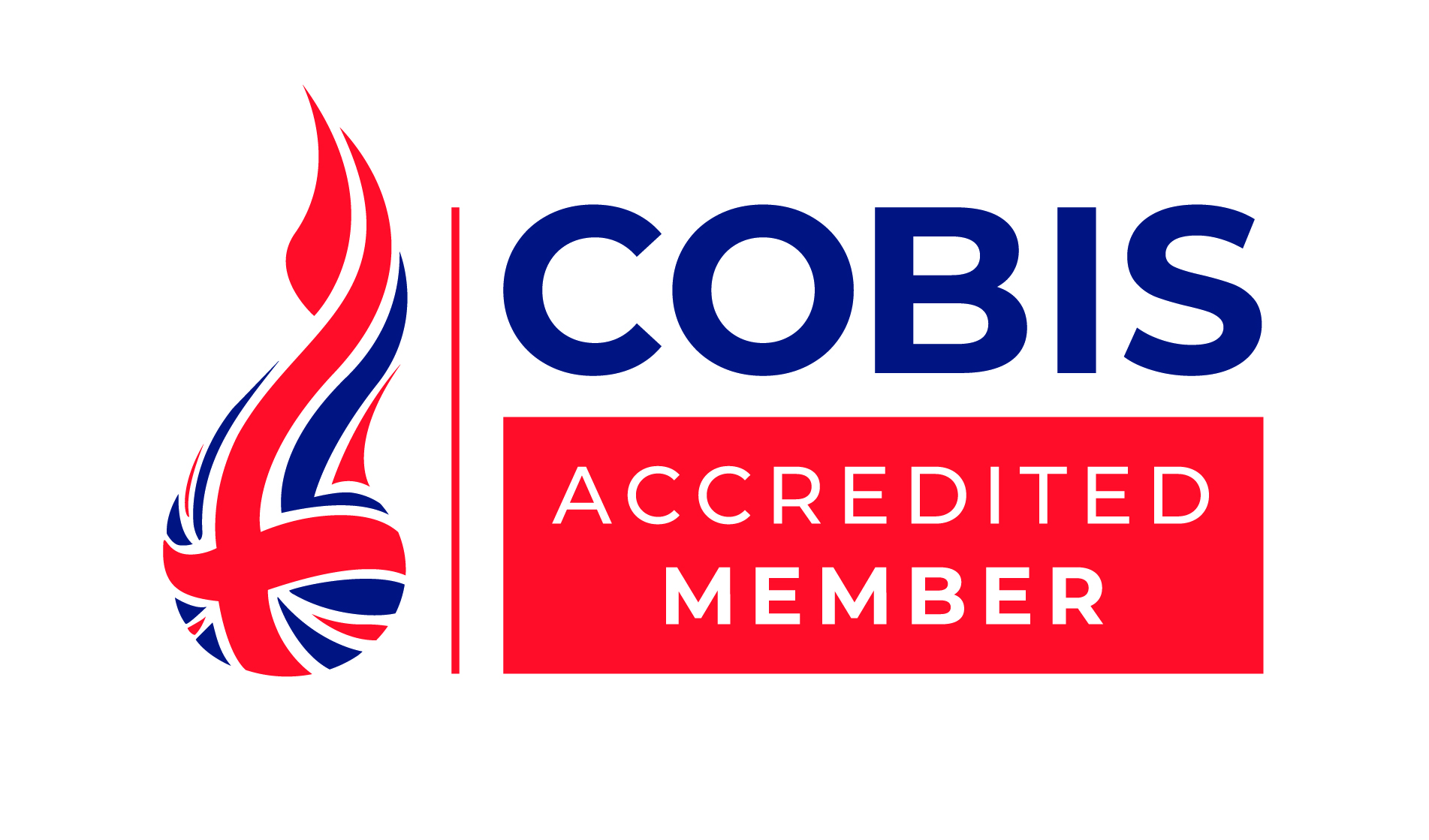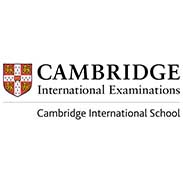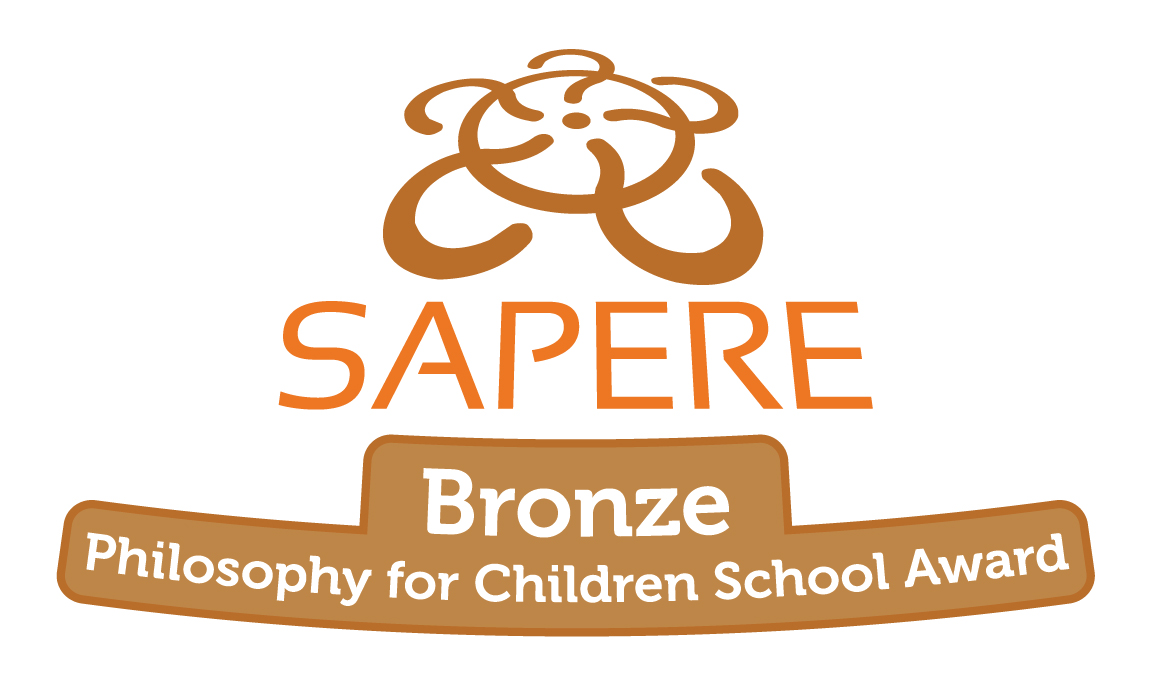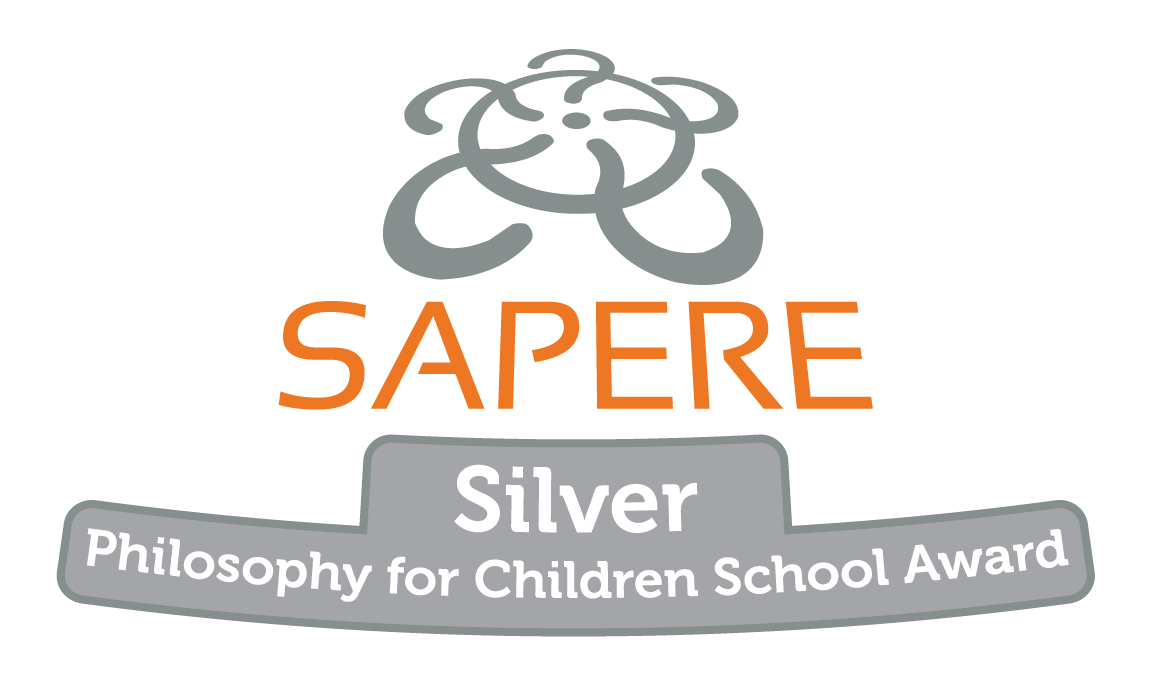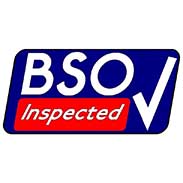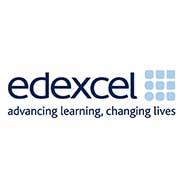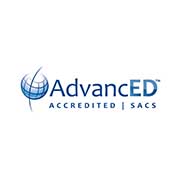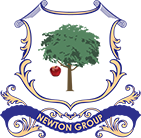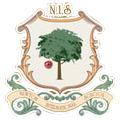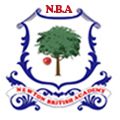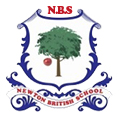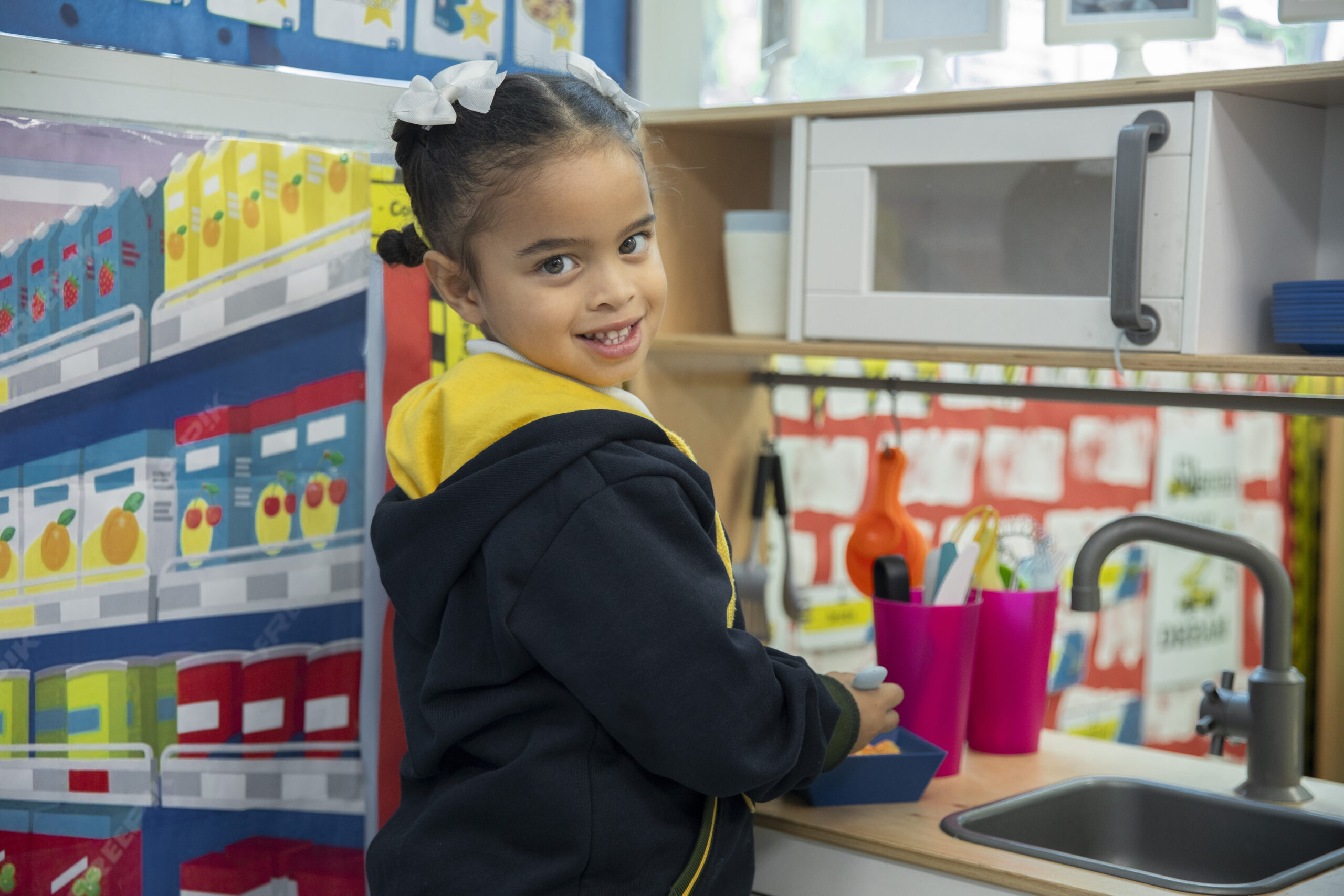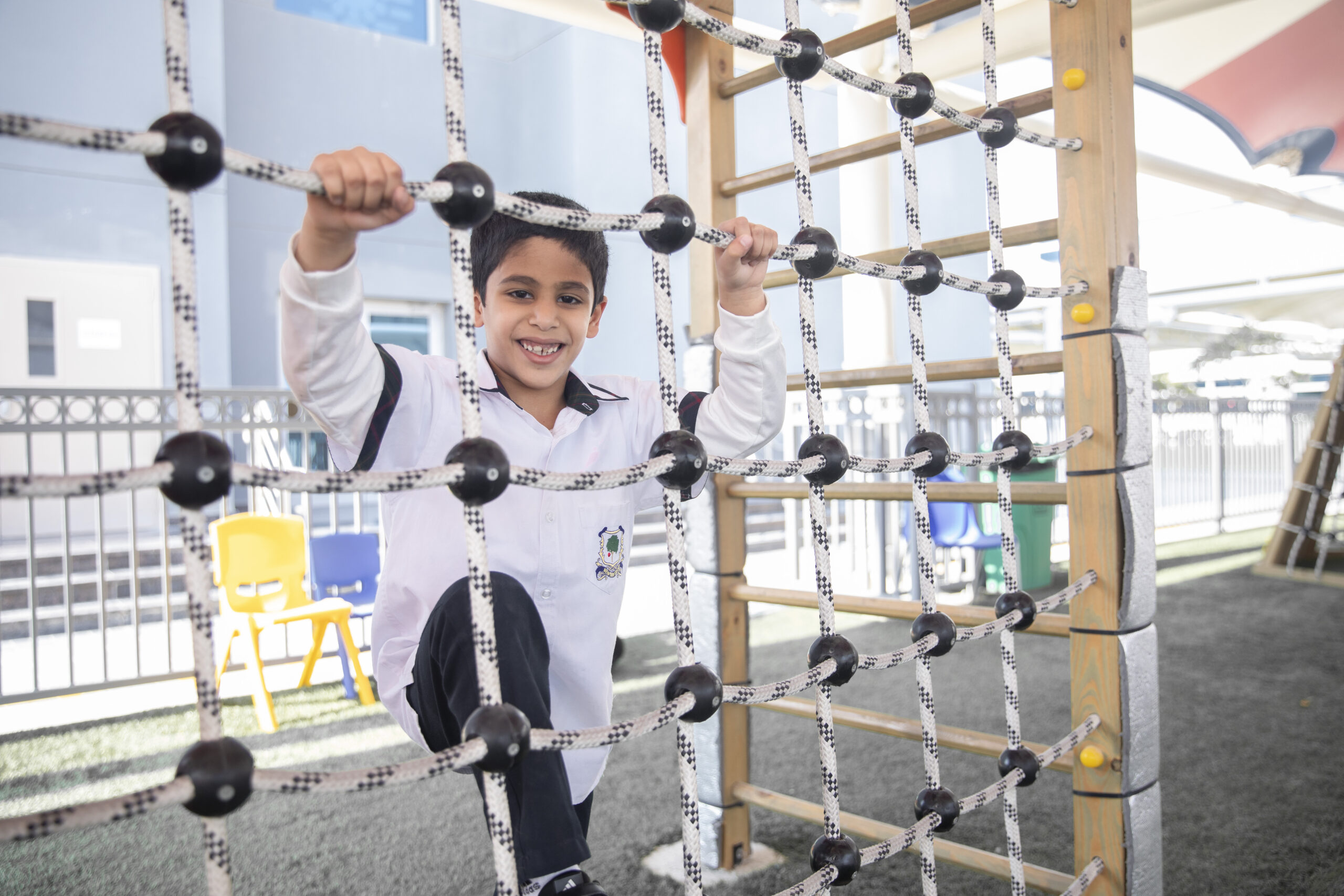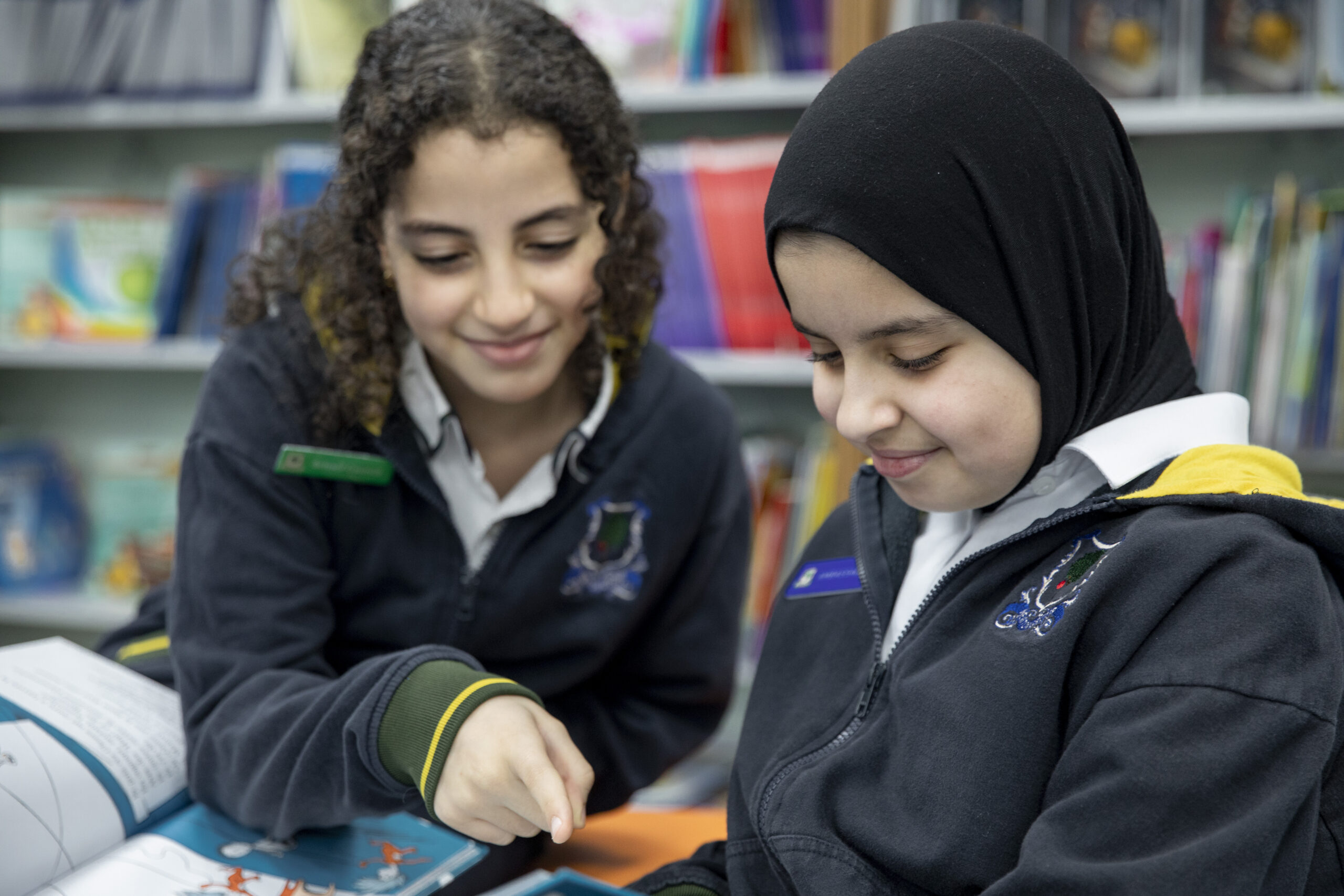
Parental Involvement and the PTA at NIA
We encourage all parents to become involved in their child’s learning. Educational research shows that children, whose parents are involved in any form or manner at their school, are more motivated and committed to their studies. It is also important to note that older children are just as reliant on their parents’ support as younger children. Parents can also become involved in the school by helping on a voluntary basis by supporting staff in and out of classrooms.
We welcome any assistance parents might be able to provide. As our school grows and improves so does the breadth of opportunities we can provide for students. Parents may liaise with the Student council and either get involved in school events as external speakers or help the school organise school trips in their work places or elsewhere. Parents also help create links with community and a variety of organisations in Qatar.
We have an active PTA (Parent Teacher Association, formally called Parents as Partners) that meets regularly and supports teaching and learning as well as special events at the school. Volunteer parents discuss important matters with the school management and administration.
Usually a plan of action is agreed for the year and a chair person follows up from the meeting, ensuring all agreed tasks are completed. Concerns are sometimes also addressed and the curriculum and other matters arising in the school discussed at these meetings. PTA parents represent the whole parent body and voice issues, suggestions or express opinions on behalf of other parents if needed. This valuable feedback is then reviewed by the senior management and processed and act upon accordingly.
Newton International Academy also communicates and provides information to parents of students in a timely manner through the phone system, Class Dojo, text messages, emails, reports, round robins, newsletters, RENWEB, Google classrooms, online Workshops for parents GC and the website.
Newton International Academy also provide parents of students with a description and explanation of the curriculum in use at the school, the forms of academic assessment used to measure student progress, and the proficiency levels students are expected to meet through regular parent/teacher interviews.


